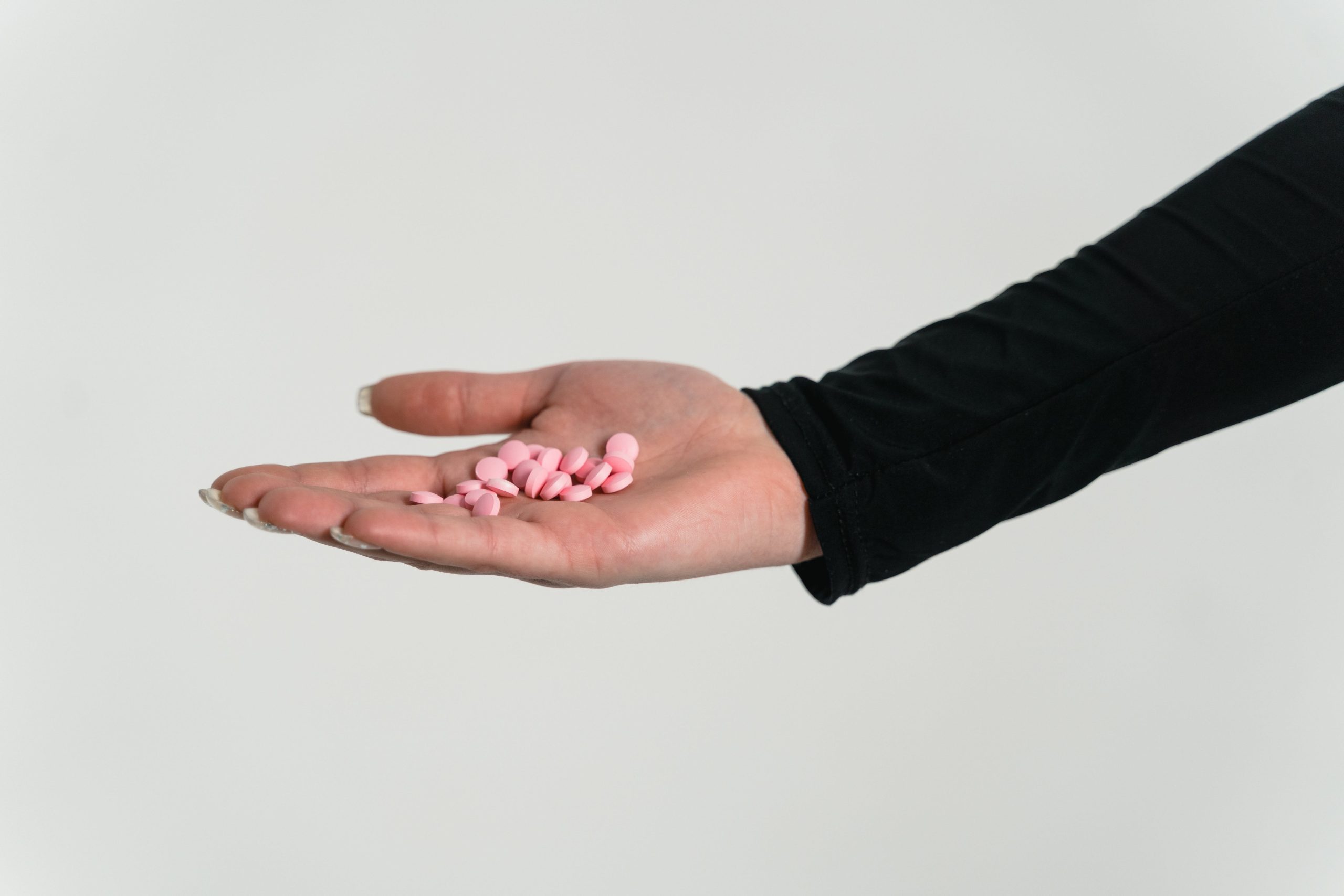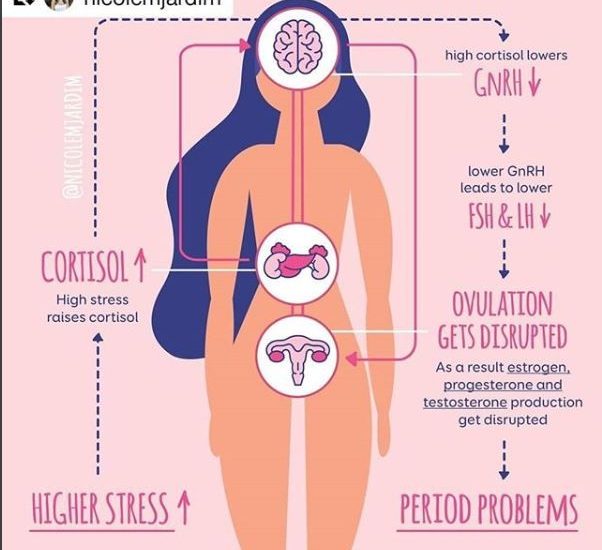The Role of Insulin in Female Hormone Health
In today’s fast-paced world, women are constantly juggling multiple responsibilities, from work and family to social commitments. Maintaining a healthy balance is essential for overall well-being, including hormone health. One key player in this complex system is insulin, a hormone that plays a crucial role in regulating blood sugar levels and can impact female hormone health.
Insulin and Blood Sugar Regulation
Insulin is produced by the pancreas and is responsible for transporting glucose from the bloodstream into the cells to be used as energy. When there is excess glucose in the blood, such as after a meal high in carbohydrates, insulin helps to lower blood sugar levels by storing the excess glucose in the liver and muscles for later use.
Impact on Female Hormones
Insulin also interacts with other hormones in the body, including estrogen and progesterone. When insulin levels are too high, it can lead to a condition known as insulin resistance, where the body’s cells become less responsive to insulin. This can disrupt the balance of female hormones, leading to issues such as irregular menstrual cycles, fertility problems, and even an increased risk of conditions like polycystic ovary syndrome (PCOS).
Insulin and PCOS
PCOS is a common hormonal disorder that affects women of childbearing age. It is characterized by high levels of androgens (male hormones) and insulin resistance. Insulin resistance can lead to elevated levels of insulin in the blood, which in turn can disrupt the production and balance of female hormones. This can result in symptoms such as irregular periods, acne, weight gain, and difficulty getting pregnant.
Managing Insulin Levels for Hormone Health
Maintaining healthy insulin levels is crucial for female hormone health. One way to do this is by following a balanced diet that includes plenty of fiber-rich foods, lean proteins, and healthy fats. Avoiding refined sugars and processed carbohydrates can also help to keep insulin levels in check.
Regular exercise is another important factor in managing insulin levels. Physical activity helps to improve insulin sensitivity and can help to lower blood sugar levels. Aim for at least 150 minutes of moderate-intensity exercise each week, such as brisk walking, cycling, or swimming.
In some cases, medication may be necessary to help regulate insulin levels and manage conditions like PCOS. Your healthcare provider can help determine the best course of treatment based on your individual needs.
Conclusion
In conclusion, insulin plays a significant role in female hormone health. By maintaining healthy insulin levels through diet, exercise, and, if necessary, medication, women can support overall hormone balance and prevent potential issues like PCOS. Prioritizing hormone health is essential for overall well-being and can help women navigate the complexities of modern life with ease.


